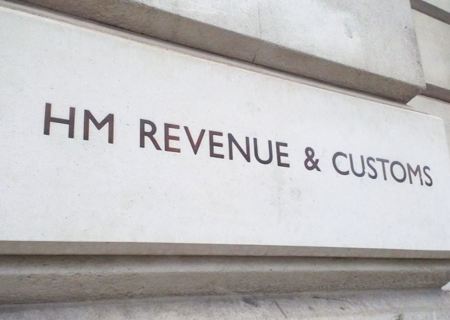
With the industry getting back into gear in the New Year, the IOE&IT Daily Update rounds up a few of the trade stories that may have passed under the radar as we start 2023.
Make trade deals work
International trade minister Kemi Badenoch is focusing on getting businesses to exploit existing trade deals as well as going after new agreements.
According to Politico, the switch is a sign that Britain has secured the ‘quick win’ deals and that the ‘trade honeymoon’ is over, with agreements with the US, India and the Gulf states, for example, likely to be harder won.
Marco Forgione, director general of the Institute of Export & International Trade, welcomed the “clear message” that “an even keener focus will be brought to increasing exports and investment opportunities”.
Badenoch’s commitments come as the FT reports that the government has likely missed its 2019 commitment to have deals covering 80% of its global trade by the end of 2022. Current UK trade deals cover just over 60% of its global trade, according to government officials.
Protocol requires flexibility
Ireland’s taoiseach Leo Varadkar has promised to be “flexible and reasonable” in helping reach agreement over the Northern Ireland protocol, and said that mistakes were made on both sides.
Varadkar said that the resulting protocol deal was perhaps “a little bit too strict”, reports the Guardian.
The EU and the UK have resumed negotiations on the protocol, with the Irish leader saying both European Commission president Ursula von der Leyen and Brexit negotiator Maros Sefcovic were open to changes, reports City AM.
“So we are willing to show flexibility and to make compromises. We do want there to be an agreement,” he said.
Global headwinds
Managing director of the IMF, Kristalina Georgieva, has warned that 2023 will be “tougher” than last year with a third of the world economy in recession.
The IMF cut its outlook for global economic growth in 2023 in October, due to the war in Ukraine as well as higher interest rates as central banks tried to curtail rising prices, reports the BBC.
The US and Europe will also face weakening activity, according to the Guardian.
Speaking on CBS, Georgieva said the “US is most resilient” and it “may avoid recession. We see the labour market remaining quite strong.”
Although China has now scrapped its zero-Covid policy and started to reopen, Georgieva said the world’s second largest economy would face a difficult start to 2023.
China struggles
China’s economy ended 2022 with business and consumer spending plunging in December and more disruption likely in early 2023 as Covid-19 infections surge.
The official purchasing managers’ index (PMI) fell to 47.0 from 48.0 in November, the National Bureau of Statistics reported. Any score below 50 indicates a contraction.
As well as a decline in manufacturing in December, the Chinese services sector plunged the most since February 2020, reports the Straits Times.
However, analysts expect a faster rebound once the infection wave peaks according to the Economist, amidst predictions that the 2023 growth forecast will accelerate to 4.8% from an estimated 3% in 2022.
EU brings shipping under ETS
The EU is moving forward on its efforts to reduce carbon emissions across a range of industries, including shipping, which will now come under the EU Emissions Trading System, reports the Maritime Executive.
According to Lexology, there has long been talk to expand the ETS to shipping, which was one of the only sectors where the EU had not implemented specific greenhouse reduction measures.
The scheme will start on 1 January 2024 and shipping companies will have to acquire and submit allowances for their CO2-emissions for trips between EU and EEA ports, as well as 50% of the emissions from trips between the EU and third countries.
As previously covered in the IOE&IT Daily Update, the EU previously agreed a scheme to support European industries to decarbonise by levying a CO2 emissions tariff on imports of polluting goods.



